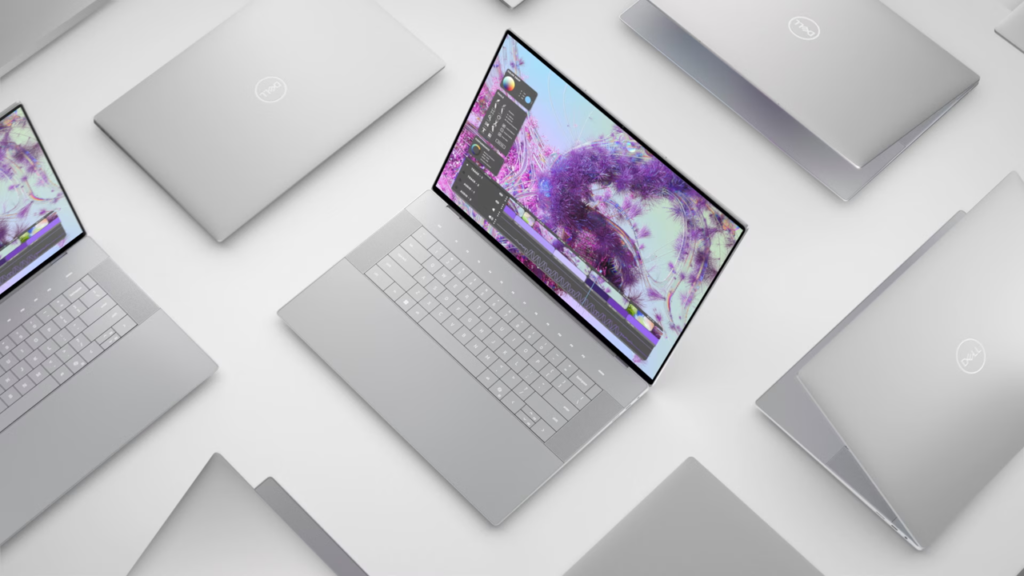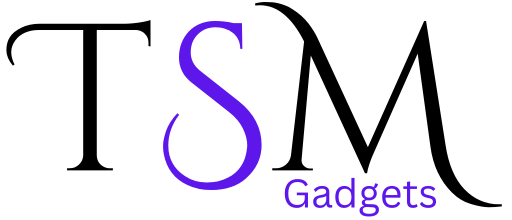
Selecting the best laptop can be challenging with so many models available. Each laptop serves different needs, whether for work, gaming, or general use. In this guide, we’ll break down everything you need to know to choose the best laptop, helping you make a confident purchase decision.
Define Your Primary Laptop Needs
Start by identifying your main uses for the laptop. Are you using it for work, school, gaming, or general browsing? Understanding your primary purpose will help you focus on the features you need most. For instance, a business laptop requires different specs than a gaming laptop. Knowing this will narrow down your options, bringing you closer to finding the best computer.
Choose the Right Operating System
There are three main laptop operating systems: Windows, macOS, and Chrome OS. Each has unique benefits. Windows is versatile and compatible with a wide range of software. macOS offers a seamless Apple ecosystem experience, while Chrome OS is fast, lightweight, and budget-friendly. Choose the operating system that best fits your needs for the best computer experience.
Decide on Screen Size and Portability
Laptops come in various screen sizes, typically between 13 and 17 inches. Smaller screens are more portable and ideal for travel, while larger screens offer better viewing experiences. If you’ll be carrying your computer frequently, consider a 13- or 14-inch screen. For those needing more screen space, a 15-inch or larger model might be the best laptop choice.
Evaluate Display Quality
A laptop’s display quality impacts your viewing experience. Look for high-resolution displays, ideally Full HD (1080p) or higher. A higher resolution is especially important for creative work or streaming. Also, consider display brightness and color accuracy if you work with visuals. The best laptop display will enhance productivity and enjoyment, especially for extended use.
Consider Battery Life
Battery life is crucial, especially for users who travel frequently or work remotely. Some laptops offer 8-12 hours of battery life, while high-performance models may offer less. Check computer reviews for real-world battery performance, as it may differ from manufacturer claims. For portability, the best laptop choice should provide reliable battery life.
Understand Processor (CPU) Options
A laptop’s processor determines its overall speed and performance. Intel and AMD are the main CPU providers, with each offering multiple levels of performance. For general use, Intel i5 or AMD Ryzen 5 processors are usually sufficient. If you need high power for gaming or intensive tasks, consider Intel i7 or AMD Ryzen 7 for the best laptop performance.
Choose the Right RAM Capacity
RAM affects multitasking capabilities. For basic tasks, 8GB RAM is usually enough. However, 16GB RAM is ideal for more demanding applications. If you are into gaming or professional work, more RAM will improve performance. Selecting the best laptop with the right RAM capacity will ensure smoother multitasking and efficient app usage.
Storage Options: HDD vs. SSD
Laptop storage options typically include HDD (Hard Disk Drive) or SSD (Solid State Drive). SSDs are faster, quieter, and more reliable but often pricier. HDDs are more affordable but slower. For a balance of speed and storage, many choose SSDs. For larger storage needs, consider a computer with both SSD and HDD options for the best computer storage solution.
Graphics Card: Dedicated vs. Integrated Graphics
If you use your laptop for gaming or graphic-intensive work, choose one with a dedicated graphics card. NVIDIA and AMD produce reliable dedicated graphics cards. For general usage, integrated graphics will work fine. The best computer choice will have a graphics setup that matches your workload, whether it’s for gaming or professional design.
Best Laptop Build Quality and Durability
A laptop’s build quality determines its durability and longevity. Metal builds are sturdier than plastic and add a premium feel. If you need a durable computer for travel or outdoor work, prioritize robust materials and designs. The best laptop for durability should withstand wear and tear, ensuring it lasts longer.
Look for Connectivity Options
Connectivity options are essential for peripheral compatibility. Check for USB ports, HDMI, SD card slots, and headphone jacks. If you use multiple devices, ensure your computer has enough connectivity options. For newer devices, USB-C ports provide versatile connectivity. The best laptop should support your devices and connectivity needs without hassle.
Keyboard and Touchpad Quality
A comfortable keyboard and responsive touchpad are essential for a smooth user experience. For those who type frequently, consider laptops with ergonomic keyboards and good key travel. A precise touchpad with multi-touch support can also enhance productivity. The best laptop for typing and general use will prioritize these details, improving comfort and efficiency.
Audio Quality in Best Laptop
Audio quality is often overlooked but can enhance your laptop experience. If you enjoy music or videos, look for laptops with high-quality speakers. Some brands, like HP, Dell and Apple, prioritize audio quality in their models. For the best computer audio, consider reading reviews to ensure it meets your sound expectations.
Best Laptop Budget Considerations
Laptops come in a wide range of prices. Decide on your budget before browsing, as this will help you filter options. A high-end laptop may offer premium features but may not be necessary for everyone. Balance your needs with your budget to find the best computer within your price range, without overspending on features you won’t use.
Check Reviews and Ratings
Before purchasing, check user reviews and ratings. Reviews provide insights into real-world performance, durability, and potential issues. Ratings often indicate overall satisfaction and reliability. The best laptop should receive positive feedback and meet your performance expectations, helping you make a confident decision.
Conclusion: Choosing the Best Laptop for You
Choosing the best laptop involves assessing your needs, understanding technical specifications, and balancing features with your budget. Whether you’re a student, gamer, or professional, there’s a laptop that fits your requirements. By following these guidelines, you can find the best computer to support your lifestyle, ensuring performance, durability, and a great user experience.
This comprehensive guide should help you confidently select the best laptop for your specific needs, enhancing productivity and enjoyment.
